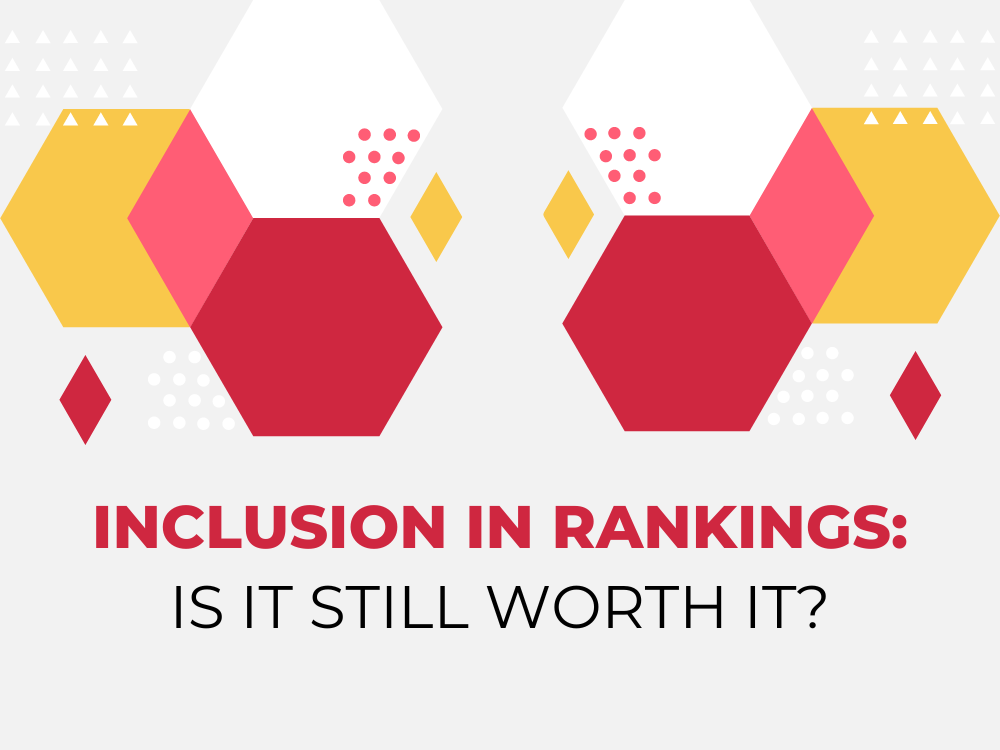Social media is a great marketing tool, but just like every other form of advertising that law firms use, it comes with certain ethical guidelines. Breaching those standards can have serious consequences, too—a misguided Tweet or unclear Facebook post could, hypothetically, lead to a penalty or even disbarment. It’s a worst-case scenario, but it is possible.
However, even if the consequences of misuse can be severe, you shouldn’t be afraid of social media, as long as you’re familiar with the basic ethical guidelines. Here are a few you might not be aware of, rounded up by NewsBlaze:
Don’t call yourself a specialist if you’re not one
Many career-focused websites and social networks (like LinkedIn) prompt users to add their specialties to their profiles. That might be a simple task for professionals in other industries, but unless you actually have the proper certifications, you should avoid writing anything that might imply you’re a certified legal specialist when you’re not one. Take the information on your online profiles seriously and make sure that nothing can be misconstrued.
Sending a friend request could be considered solicitation
No matter how harmless your intentions may be, connecting with someone on Facebook or another social network when they need legal advice could be considered solicitation. If someone has expressed a need for an attorney, adding them on social media is off-limits, especially if you have no prior relationship with them. In general, it’s a good idea to only friend people you have genuine relationships with, and be judicious if current, former or potential clients try to add you online.
Your competitors might be watching
This isn’t exactly an ethical concern, but it is something important to keep in mind. Especially if you’re at a large firm, competitors might be watching you closely online, and they may have no problem reporting you for seemingly unethical online behavior. Sometimes, it has less to do with what you actually mean and more about how it appears to other people. Imagine how others will perceive what you post before you hit “enter”.
Your jurisdiction isn’t the only one you have to worry about
By nature, the internet isn’t confined to one place. Every time you post online, you’re communicating across jurisdictions, each one with different laws and ethical standards. Something that is acceptable in one area could be a serious offense in another, and that can impact you no matter where you’re posting from. When in doubt, be conservative about what you share on social media and you’ll limit your chances of violating any guidelines.


